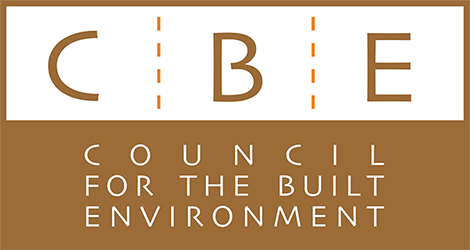Freedom Day: An Opportunity to Re-Imagine the Role of the Built Environment Sector
The built environment sector plays a crucial role in our daily lives as it shapes communities and economic activities. As we celebrate 29 years of freedom, as a sector it is important that we pause, reflect, look back and re-imagine the role of the built environment in South Africa (SA). Like any other profession in SA, the built environment sector has undergone numerous changes, be it from policy and legislative frameworks, pace of infrastructure rollout and urban settlements formation, impact of climate change or curriculum development. Although numerous policy interventions have been implemented in re–igniting the sector, the built environment sector is still fragmented, exclusionary, and an enclave of the minority group.
Of concern, is the quality of work done by built environment professionals, poor scoping of contracts/projects, wrong designs, and incorrect pricing. For example, the capacity of contractors to manage and implement projects has diminished over time; a grade ninecontractor just does not have the capacity and cash flow. The other important intervention is social facilitation, key in ensuring that projects are introduced appropriately to communities and implemented on time. Women, youth, and persons with disabilities continue to be excluded, and the quality of the work delivered by professionals has decreased. Hence, it goes without saying that much more needs to be done to humanise the built environment.
Furthermore, the built environment sector was identified as one of the faces of corruption by the Zondo Commission, and it is not agile enough to respond adequately to the imperative of climate change.
As the Council for Built Environment (CBE), we have stated on record that we are concerned about the slow pace of transformation in the built environment sector in terms of the representation of Africans, women, youth and persons with disabilities, transformation of living spaces, places, transformation of the academic curriculum and decolonialisation of the education sector. The CBE, working with professional councils,must come up with measures to address these shortcomings. This makes it clear that the sector needs to be transformed urgently and correct the errors committed in the previous infrastructure and development projects.
This year’s Freedom Day theme, “Consolidating and Safeguarding Democratic Gains,” provides a unique opportunity for the built environment sector to re-envision the future and address its broader impacts on society by ensuring that it has a human face.
In humanising the built environment, we must also ensure that it has the capacity to respond to the needs of diverse communities. As we celebrate Freedom Day, let us remember that the freedom we enjoy must be used to build a new future where the built environment sector is transformed, inclusive, sustainable, and serves the interests of all citizens. We must re-envision the future of the built environment as a crucial part of building a more just and equitable society.
Enquiries:
Ms. Nosizwe Mokoena
Strategic Support and Engagement Specialist
Mobile: 078 415 9211
Email: nosizwe@cbe.org.za
